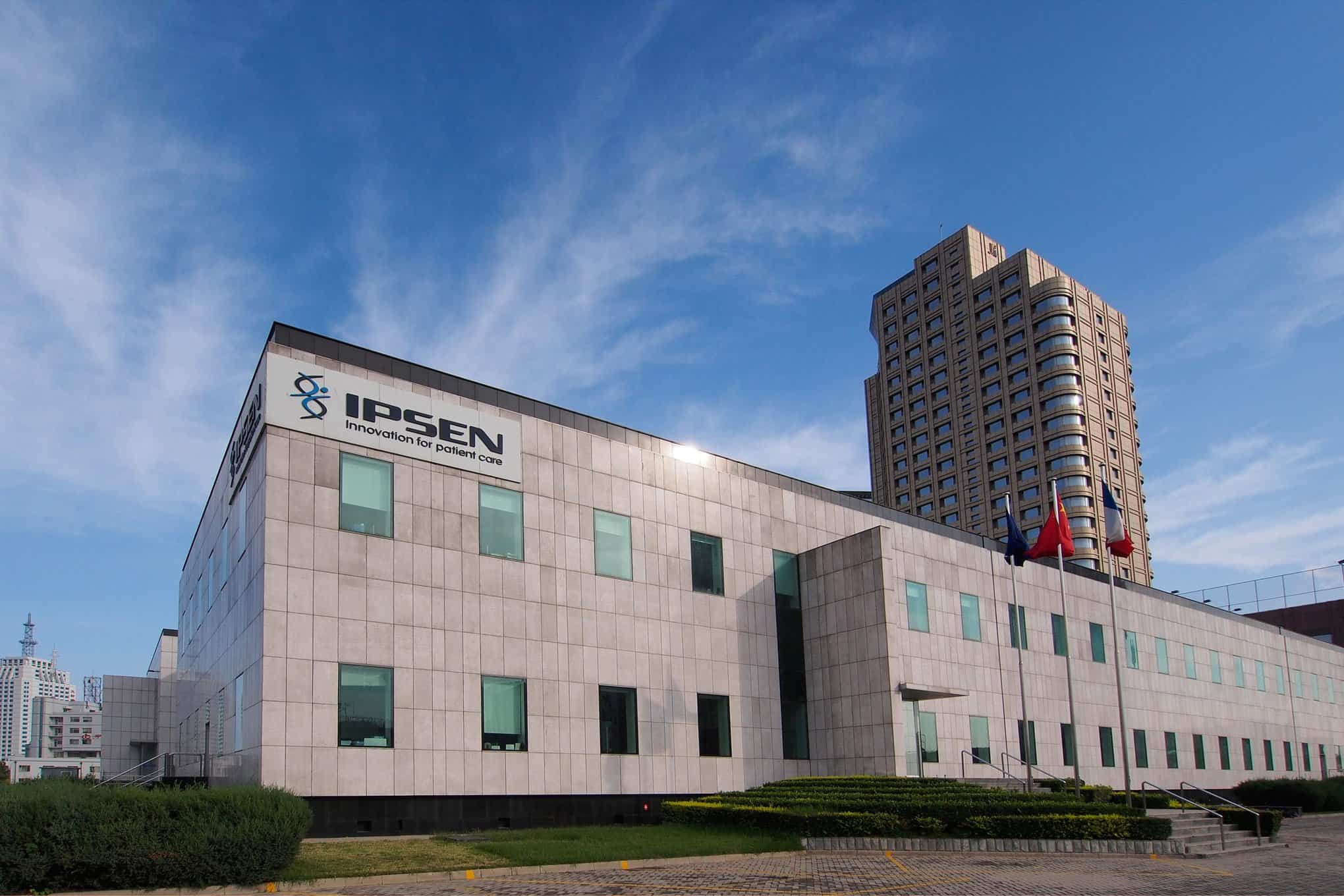
Ipsen recorded a €669m pretax charge in the last quarter of 2019 from the failure of its palovarotene rare disease drug, but still managed to increase profits thanks to healthy sales growth.
The French speciality drugmaker posted €2.58bn in sales for the full-year, up nearly 15%, thanks to another strong performance for cancer drugs Somatuline (lanreotide) and Cabometyx (cabozantinib) as well as Dysport (abobotulinumtoxinA), a rival to Allergan’s big-selling Botox brand.
New chief executive Aymeric Le Chatelier – who took the helm after former CEO David Meek jumped ship following the palovarotene fiasco – said 2019 was an “excellent year” regardless of the setback, adding that “the fundamentals of our business remain strong”.
Under Meek, Ipsen paid $1.3bn to take control of palovarotene via the purchase of Clementia Pharma a year ago, saying at the time that the drug – a retinoic acid receptor gamma (RARγ) selective agonist for rare bone disease fibrodysplasia ossificans progressiva (FOP) – was a “de-risked” asset.
Fast forward to December 2019, and the FDA had issued a partial clinical hold that brought dosing in children to a halt. Then, just last month, Ipsen said the drug had failed a futility test in its registrational MOVE trial, suggesting it was heading for failure.
The drugmaker isn’t calling time on the programme just yet, saying this morning it will continue development while carrying out further analyses on the MOVE data and discussing the safety concerns with the FDA.
It hopes to “define next steps for the clinical programme to bring palovarotene to patients as quickly as possible”, according to its annual results statement.
Shares in the company dropped sharply this morning, despite the rise in sales and a near-19% rise on operating profit to €783m in 2019, but had started to recover in mid-morning trading. Margins at the company even rose slightly, despite the palovarotene impairment charge.
La Chatelier said there was no suggestion that Ipsen would rein in its strategy of building a pipeline of rare disease therapies, pointing to the company’s recent $535m licensing deal for Blueprint Medicines’ BLU-782, an ALK2 inhibitor in phase 1 development for the treatment of FOP.
Rival candidates for FOP are however coming through the pipeline, including Regeneron’s antibody garetosmab that generated positive phase 2 results in the disease last month, including a 90% reduction in new bone lesions.
In the near-term, Ipsen’s late-stage R&D beyond palovarotene is focused mainly on line extensions for existing drugs.
The company is waiting for phase 3 results for Cabometyx in combination with Bristol-Myers Squibb’s immunotherapy Opdivo (nivolumab) in first-line renal cell carcinoma, which could add further momentum to a product that grew 83% to €242m last year.
It also has data due in the coming months for Onivyde (irinotecan liposome injection) in first-line pancreatic cancer and second-line small cell lung cancer. Onivyde grew 17% to €134m last year, but showed signs of weakness in the fourth quarter.
Ipsen remains highly reliant on Somatuline however and, last year, the company said it could face generic competition to the product from 2021 in Europe. Sales of the product in 2019 grew 18% to just over €1bn.




